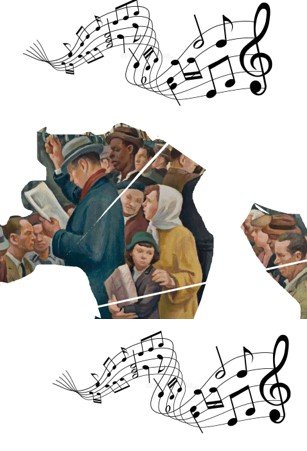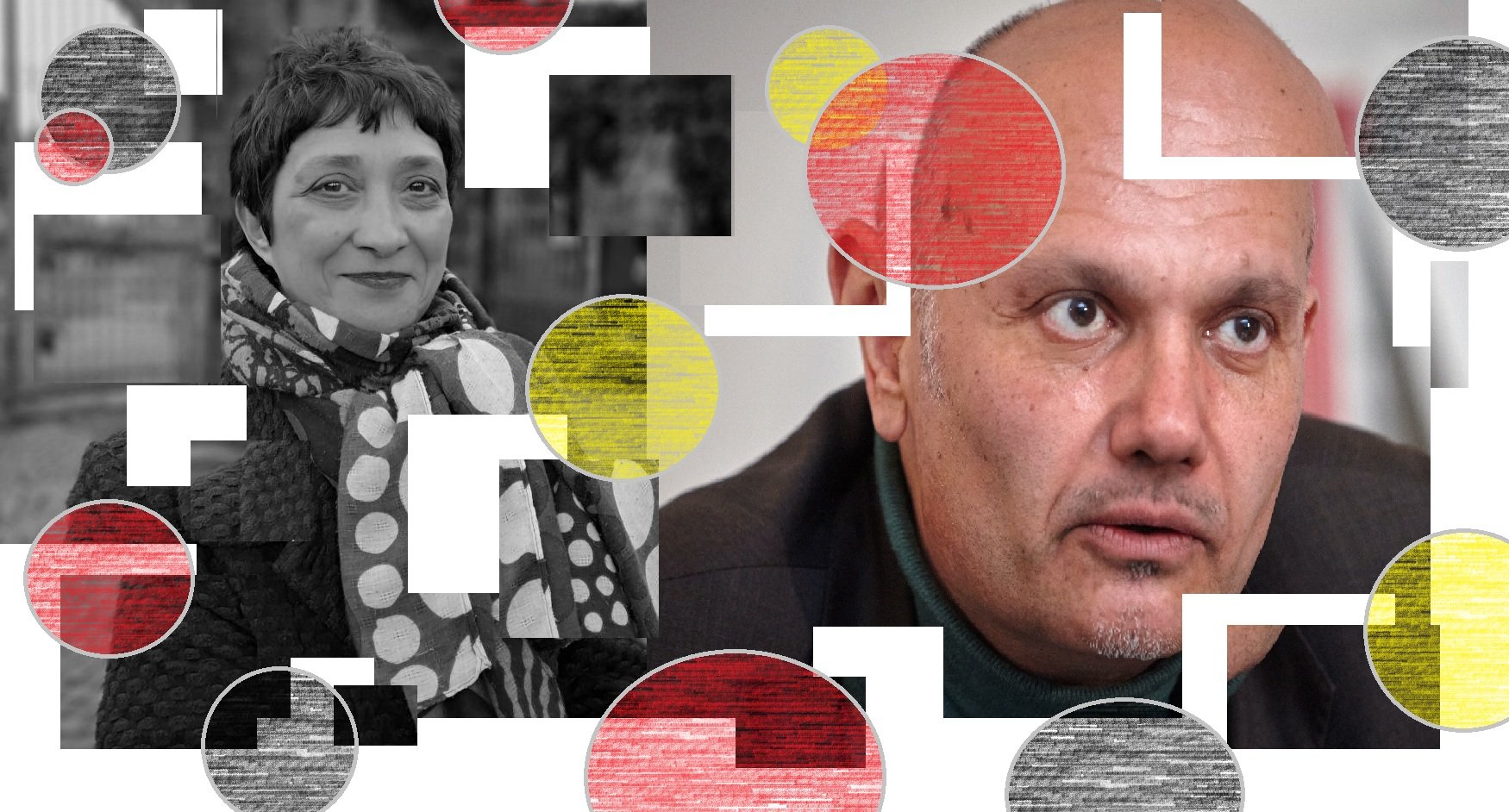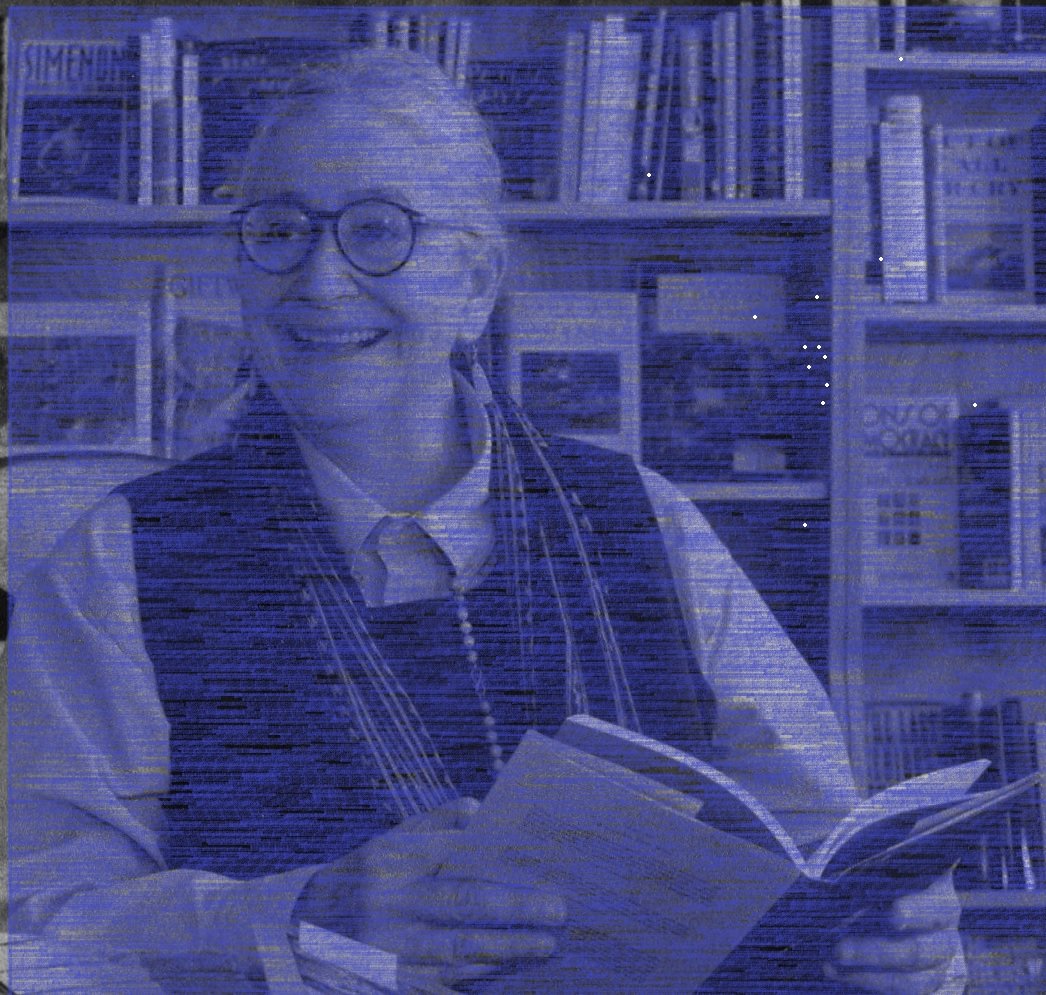Book Review: The Good Hand
John Lepley reviews “The Good Hand.”
Lepley is a labor educator in Pittsburgh, Pennsylvania. From 2006-2008 he was a recipient of the Gertrude and Theodore Debs Memorial Fellowship in the graduate program in labor and social reform movement history at Indiana State University in Terre Haute, Indiana.
Book Review: The Peacemaker’s Path
Charlie Wiles reviews “The Peacemakers’s Path.” Wiles is the founder and executive director of the Indianapolis based Center for Interfaith Cooperation.
Insurgent Publishing for the Resistance
Timothy Sheard of Hardball Press writes about the importance of small presses, editing, and promoting working class social movements for positive change.
New York City’s Composers’ Collective: “Left-Wing Fool’s Paradise”or “American Musical Genesis”?
In response to the growing unemployment and social misery of the early Depression years, the Composers’ Collective, founded in 1932–1933 in New York City, sought to make a social and political impact. Laying out the collective’s theoretical and ideological ambitions, this article highlights the organization’s initial agenda of political education and mass mobilization through avant-garde classical music. These efforts shifted as the collective’s members realized that their outreach efforts were failing, and they changed their focus from classical avantgarde music to folk music. This article argues that despite its short existence (1932–1936), the collective fostered a theoretical discourse about the political significance of music that influenced the later works of former members (e.g., Marc Blitzstein, Earl Robinson) a new generation of political musicians (e.g., Pete Seeger), and exemplifyied the important role music could play in America’s political stage.
Behind the Curtain: Popular Culture Roots of the Alternative Right in the Euro-American Realm
“Although “we like to assume that the arc of history will bend inexorably toward justice,” this may be “wishful thinking,” for “unmediated social media” has modified language, and our understanding of “who we are.”[18] QAnon, the spokes site for the anonymous poster, Q, has become the most popular purveyor of these restructured and repurposed anti-Semitic myths, which in their new form have been popularized on Fox News and by Trump (and his administration). According to the followers of the anonymous Q, “the criminals are also known as the Deep State, or cabal, because of how they control things behind the scenes.”[19] The criminals are represented in the United States by William Jefferson Clinton, Hillary Rodham Clinton, George H. W. Bush, George W. Bush, and most especially Barack Hussein Obama. For Q and his followers, the only heroic American figures fighting the criminal elite were Ronald Reagan and Donald Trump.”
2022 Artist in Residence: Photo Essay
Every year NMR works with a selected artist as the featured artist of the journal. In 2022, NMR’s artist in residence is Iridessence/Essence Walker, and her project is a photo essay that explores race, fatness, and beauty.
Poetry: “Untitled” by Ricardo Quintana-Vallejo
“Untitled,” a poem by Ricardo Quintana-Vallejo
“Outgrowing Gastarbeiterliteratur”: Germanness Redefined in the Poetry of Zafer Şenocak and Zehra Çirak
Due to the massive migratory movements of the late twentieth- and early twenty-first centuries, the borders that outline the definition of German national identity are now strikingly fluid. Efforts to define “Germanness” in terms of a single common language, religion, ethnicity, or restrictive literary canon fail to encompass—and at times even acknowledge—the complex identities, artistic productions, and experiences of cultural hybridity of at least 20 million Germans with Migrationshintergrund [migration background] and the 11 million people that comprise the Ausländische Bevolkerung [foreign population] of Germany in 2018. In the de facto multicultural nation that Germany is now, Zafer Şenocak, born in Ankara in 1961, and Zehra Çirak, born in Istanbul in 1961, use (and purposefully misuse) German to subvert the aesthetic expectations of classic German poetry.
Daughter of Orion: Henry Beston’s Progeny, Kate Barnes
Abstract: Henry Beston is well-known for his seminal book, The Outermost House, and other works about the environment and his quest for an earth-centered life. His daughter, Kate Barnes, is a celebrated poet in Maine, where she published three collections of poems and served as the state’s first poet laureate. In this article, I discuss the complicated relationship between Beston and Barnes, articulated in letters and poetry. Barnes’ refers to her rich literary genealogy (her mother was the prolific writer, Elizabeth Coatsworth) in many of her works, but those poems which mine the depths of her relationship with her father are among the most complex in subject and image. Three principal themes emerge in these poems: Beston’s filial regret at having two daughters and no sons; Barnes’ use of mythology to reframe her family narrative; and her celestial kinship with her father. We can see in her last published collection, Kneeling Orion, a father-daughter tension that is partially resolved.
POLITICS AND CULTURE: INEXTRICABLE CONNECTIONS: Introduction to Special Issue
Harry Targ, Professor Emeritus Purdue University, serves as a guest editor for this special combined issue that explores art, social justice, and protest.



















